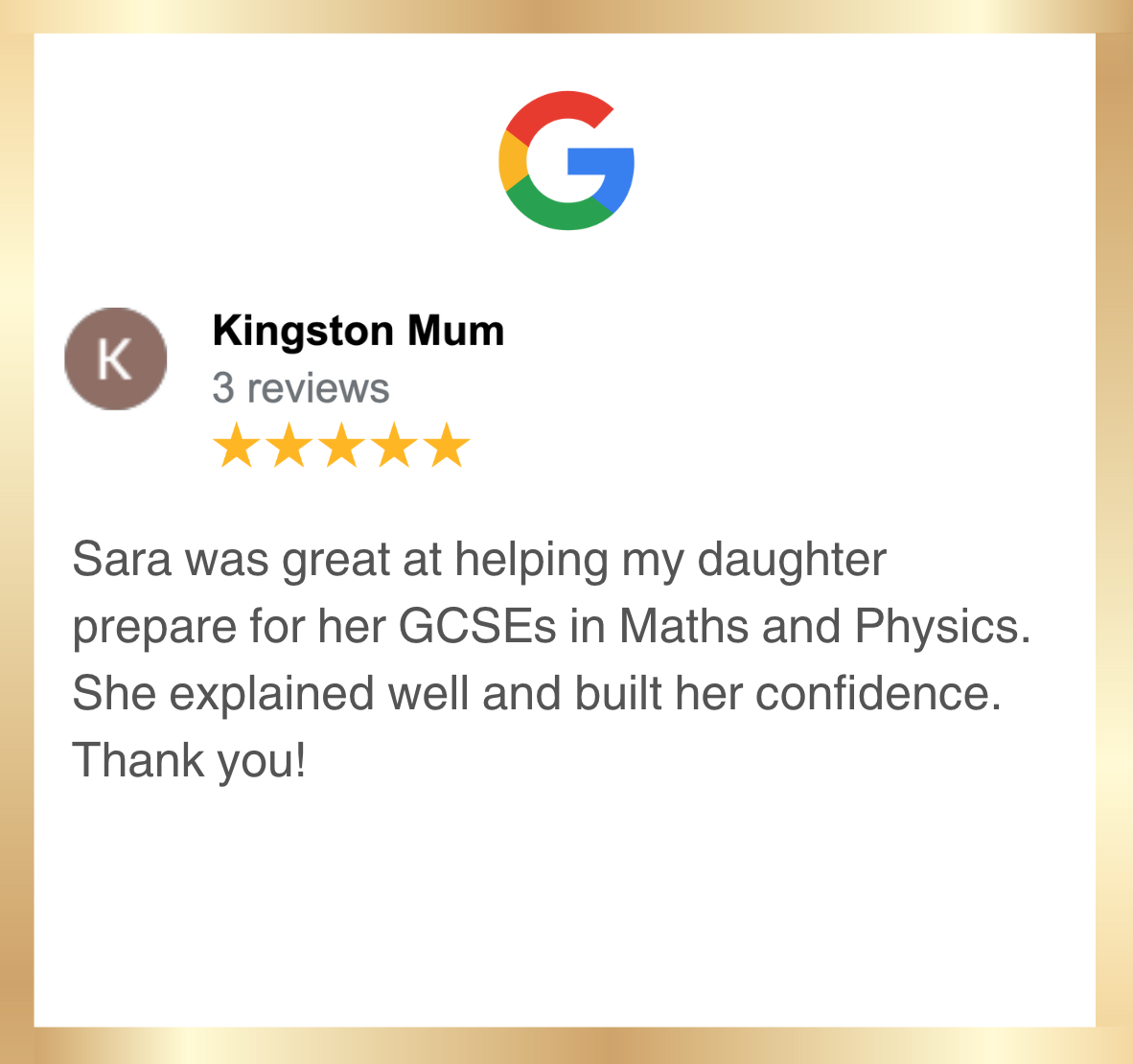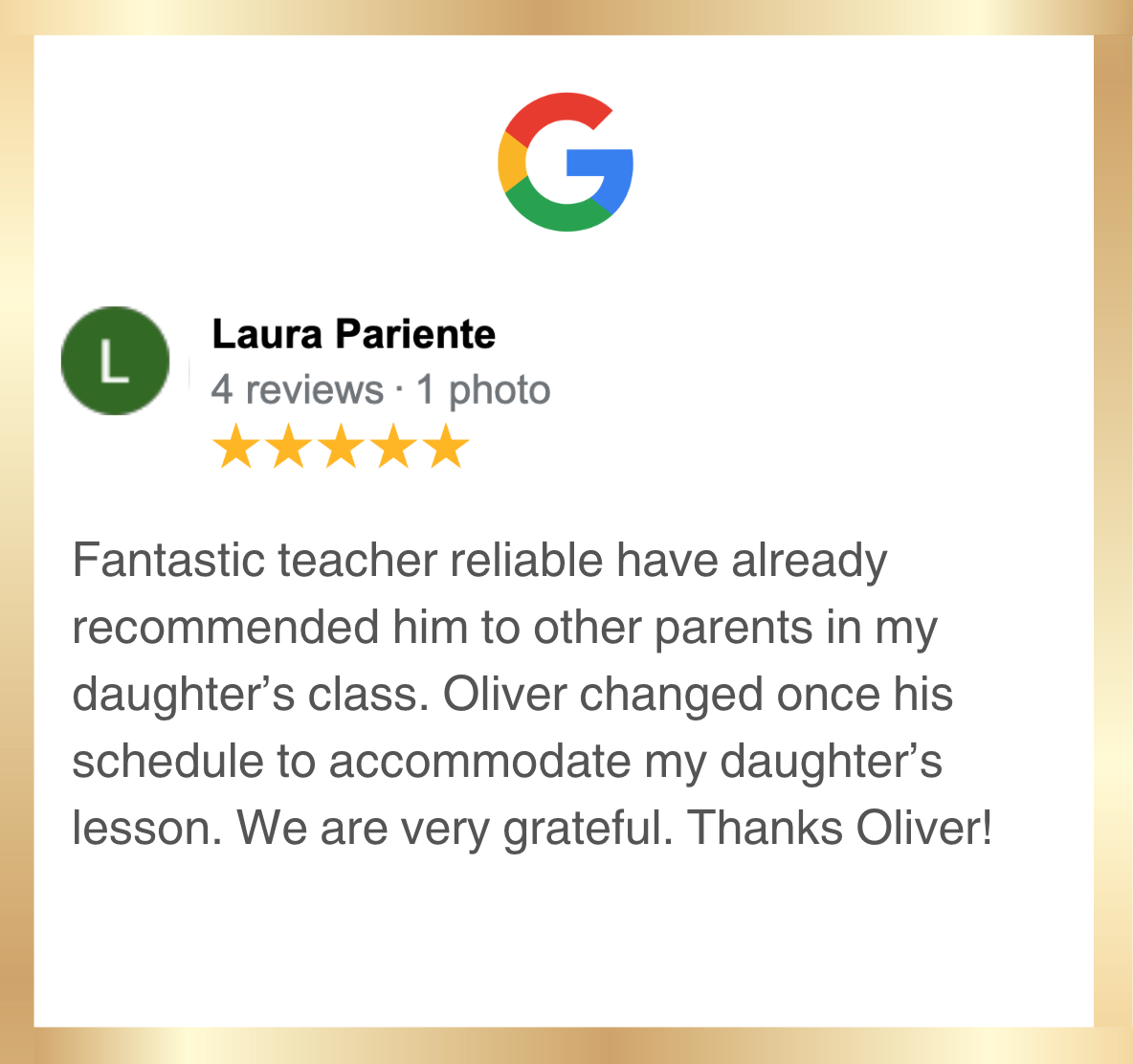
Results-driven GCSE tutoring
Expert Support in Maths, Physics, Chemistry, Biology and English
-
YEAR 9

-
YEAR 10

-
YEAR 11

The atheridge Blueprint
-
The trial session is an opportunity for the tutor to assess the student's level, strengths, weaknesses, gaps etc. Based on that, with the student and parent, a plan is put forward with milestones to evaluate progress during the tuition course and ensure the student is receiving as much value as possible from the sessions.
-
Whilst we do offer some in-person tutoring in London, most GCSE sessions take place online, making them more convenient and flexible for the tutor, parent/ guardian and student. This usually leads to more consistent session scheduling, less cancellations and ultimately more visible progress in academic performance.
-
You could understand the subject matter of the curriculum inside out, but without guidance on what the question is asking exactly, what the keywords are, what approach the examiner is after and how to tick every box and score every mark, you are much less likely to achieve a top grade. This is one of the core goals of our GCSE tuition.
-
Studies have proven that when a student is in a positive environment and guided by a mentor they trust and have a built a strong rapport with, their receptiveness of new knowledge is improved significantly. We select tutors that not only have strong subject knowledge, but also warm and relatable characters which make sessions much more enjoyable and impactful for students.

Core Subjects we offer
Some of our Experts
New GCSE Grading System
-
Why the Change?
The new GCSE grading scale was introduced to provide more differentiation among higher-achieving students and to bring UK qualifications in line with other countries.
Grade Descriptions:
Grade 9: Exceptional performance, surpassing the old A*.
Grade 8: Similar to the lower end of the old A* and the upper end of A.
Grade 7: Equivalent to an A.
Grade 6: Above the old B grade.
Grade 5: Between B and C, considered a strong pass.
Grade 4: Equivalent to the old C, a standard pass.
Grade 3: D grade in the old system.
Grade 2: E grade in the old system.
Grade 1: F and G grades in the old system.
-
Foundation Tier:
Graded from 5 to 1.
Designed for students aiming for a standard pass.
Less challenging content compared to the Higher Tier.
Higher Tier:
Graded from 9 to 1.
Contains more challenging content.
Necessary for students aiming for grades 6 and above.
Choosing the Right Tier:
Consult with teachers to determine the best fit.
Consider future education goals, as some A-Levels and university courses may require higher grades.
-
Progression to A-Levels:
Most sixth forms require at least 5 GCSEs at grade 4 or above, including English and Maths.
Some A-Level courses may have specific grade requirements in related subjects.
Vocational Courses and Apprenticeships:
BTEC and NVQ courses typically require at least 4 GCSEs at grade 4 or above.
Apprenticeships may have varying entry requirements based on the field.
University and Employment:
Universities look for strong GCSE performance as an indicator of academic potential.
Employers value GCSE grades as a measure of basic skills and knowledge.
Improving Your Grades:
Start early and create a study plan.
Use a variety of study resources, including tutoring.
Practice past papers and focus on weaker areas.
Maximise Your GCSE Potential with Expert Tutoring.
























